Since the beginning of September 2021, Hanoi has been organizing Covid-19 vaccine coverage throughout the city. According to the data, more than 96% of people aged 18 years and over have been vaccinated, including people who are not registered as residents, and those who do not have identification documents. The remaining people who have not been vaccinated are people with health problems, including tuberculosis (TB) patients.
The story of a TB patient
Uncle Dzung is a regular ‘client’ of the SCDI and our One Egg A Day program (OEAD). Our team met uncle Dzung during the first wave of Covid-19 in early 2021 when he came for the SCDI’s nutritional support for low-income families at risk of hunger. There are nine people in Uncle Dzung's family, five of them including Dzung have spent time in prison. Some were discharged recently, while others are still serving their sentences. While in prison Dzung and several other members of his family contracted tuberculosis, but Dzung has suffered much more severely due to his treatments being constantly interrupted. Since contracting TB, Dzung has been in and out of prison many times, during which he spent most of his sentence serving treatment for his illness. Each release meant an interruption of his treatment as he had not been connected with any treatment systems, and added to that, he has suffered great financial hardships this year which affected his ability to acquire treatment. Sadly, his condition has gotten significantly worse- becoming drug-resistant, multidrug resistant (MDR), and extensively drug-resistant (XDR). He is among about 300 patients with XDR TB in Vietnam which is resistant to almost all TB treatment. Not only is it difficult to treat, time-consuming ànd costly, but this disease is also dangerous. If XDR TB is passed on to another person, they can become infected with XDR TB immediately, despite never having TB before. Supporting Mr. Dzung’s treatment is not only about improving his health but also about protecting the community’s health.
The first time we met Dzung he was at home lying in bed breathing heavily. Severe tuberculosis accompanied by chronic obstructive bronchitis often leaves him with shortness of breath so severe that it requires medical oxygen. Once Dzung’s family took him to a hospital that kept medical records from the prison, but he was not able to receive treatment since he didn’t have enough money for the required deposit or any identification documents. The SCDI worked with the hospital and National TB Program to support Dzung so he could be granted a health insurance card, admitted for treatment, and receive nutritional support provided by the Global Fund project to Fight HIV, TB and Malaria.
Since then, the hospital has become familiar with Dzung, and if he needs to stay in hospital he no longer needs to face the same obstacles he once had to. The SCDI contacted the Social Work Department of the hospital who provided continuing support for Dzung during his hospitalization and outpatient treatment. Gradually, Dzung’s health and finally his life has improved thanks to the joint support of many stakeholders.
Open to Hope
As the Covid-19 epidemic became more complicated and with so many infections in the community, Mr. Dzung was very worried. He knew that if people with underlying medical conditions like himself contracted Covid-19, the condition could develop quickly with high mortality risk. Therefore, when Dzung saw that the locality was organizing vaccinations, he registered straight away. He, however, was not accepted because of his TB condition because medical staff were afraid that the vaccination would be dangerous for him. He tried with the local hospital too but was also refused there for the same reasons.
Fortunately, the French embassy contacted SCDI to say they had some spare vaccines that could be used for communities in SCDI’s projects. The Hanoi France Hospital, where vaccinations are carried out on behalf of the French embassy, not only agreed to give vaccinations to uncle Dzung regardless of his TB drug resistance but also suggested that such patients should be prioritized to reduce mortality. Thankfully, this meant that uncle Dzung, along with three other drug-resistant TB patients (who are also former inmates), who had been refused vaccinations, were vaccinated at one of the best hospitals in Hanoi with utmost care and attention. This responsible act is a clear demonstration of patient-centered care, prioritizing the patient’s needs, and finding ways to take care of every individual’s health, no matter who they are.
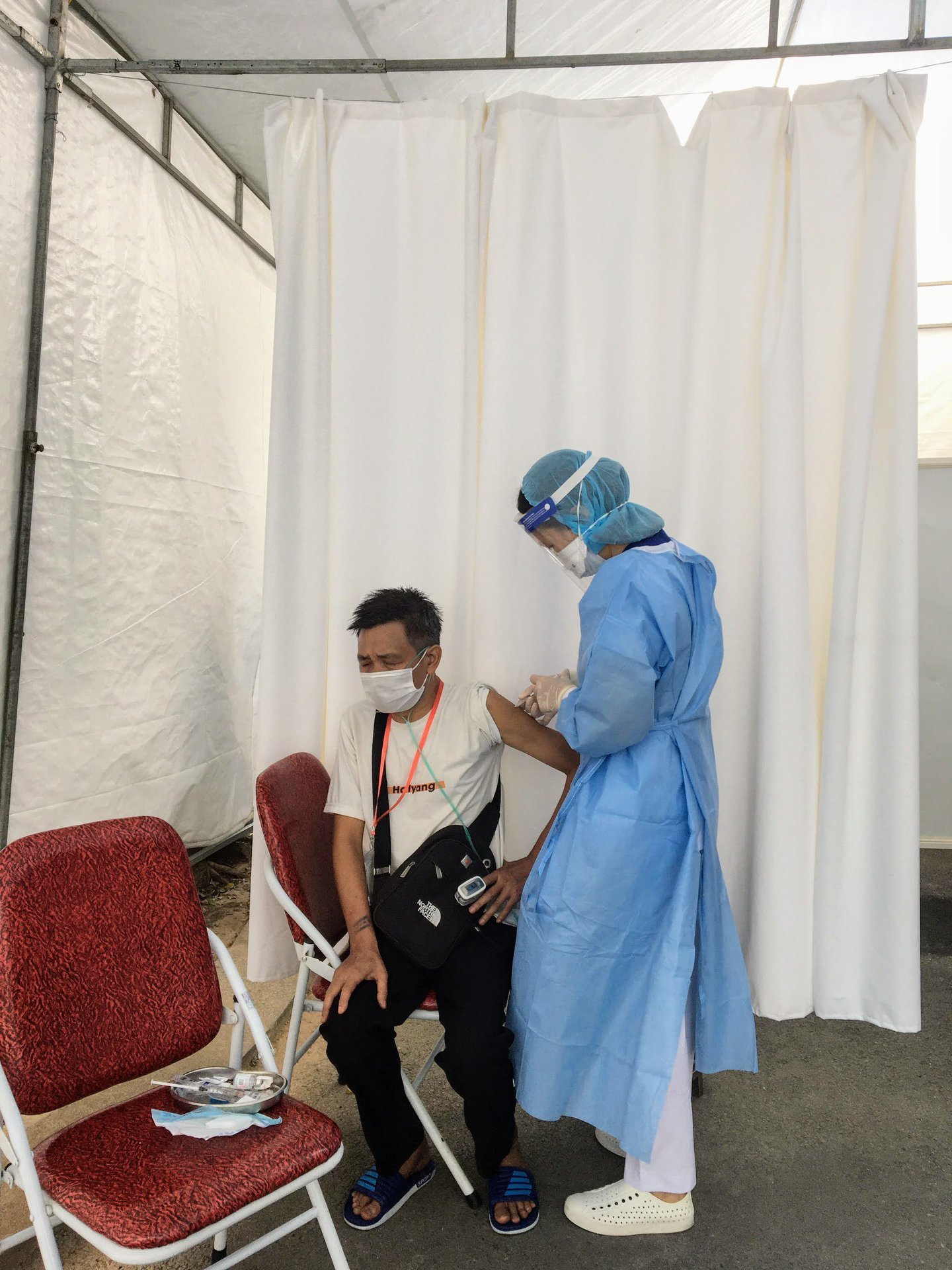
Photo: Mr Dung injects one vaccine at the French-Vietnamese hospital
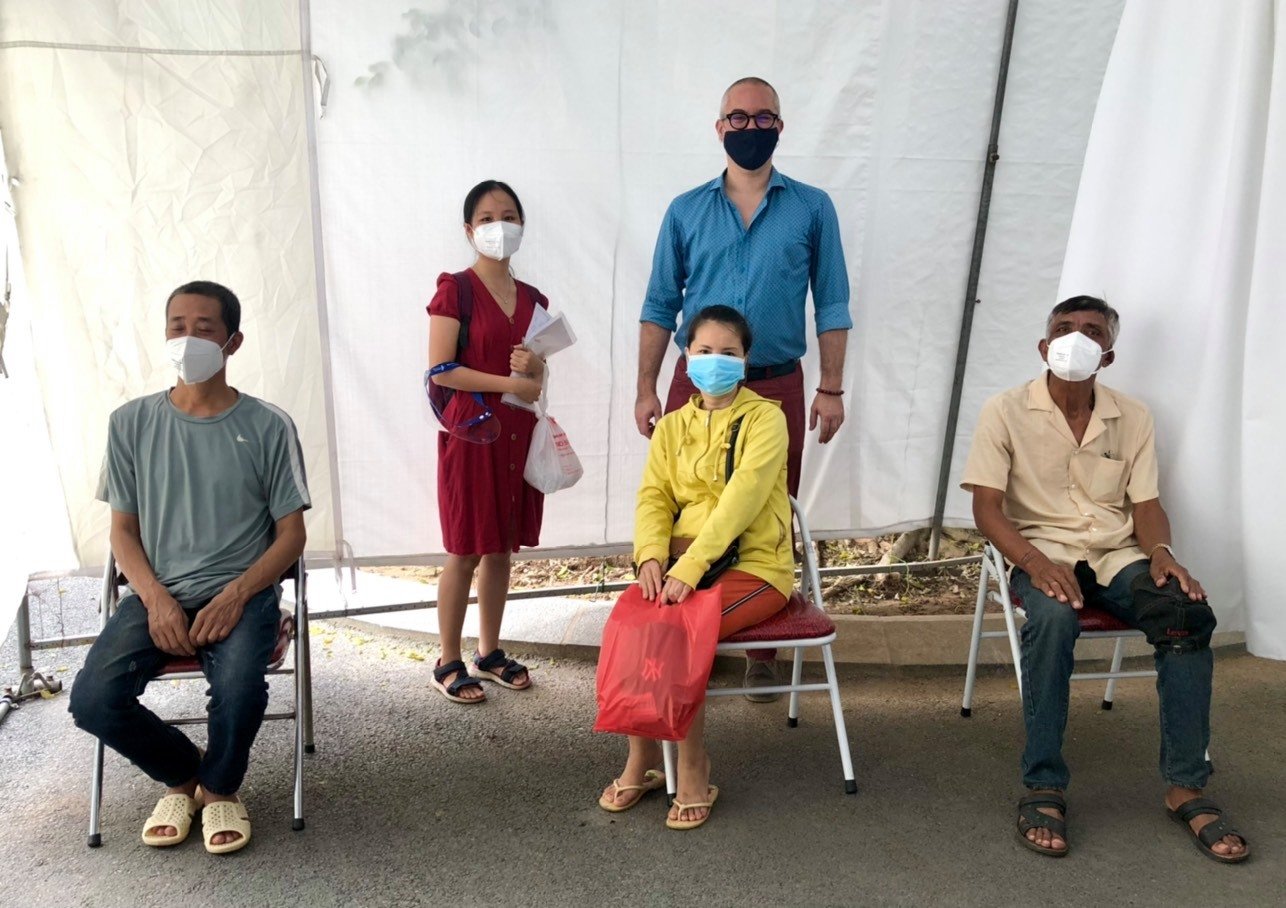
Photo: SCDI staff bring two tuberculosis patients and their family members to get the first dose of the vaccine
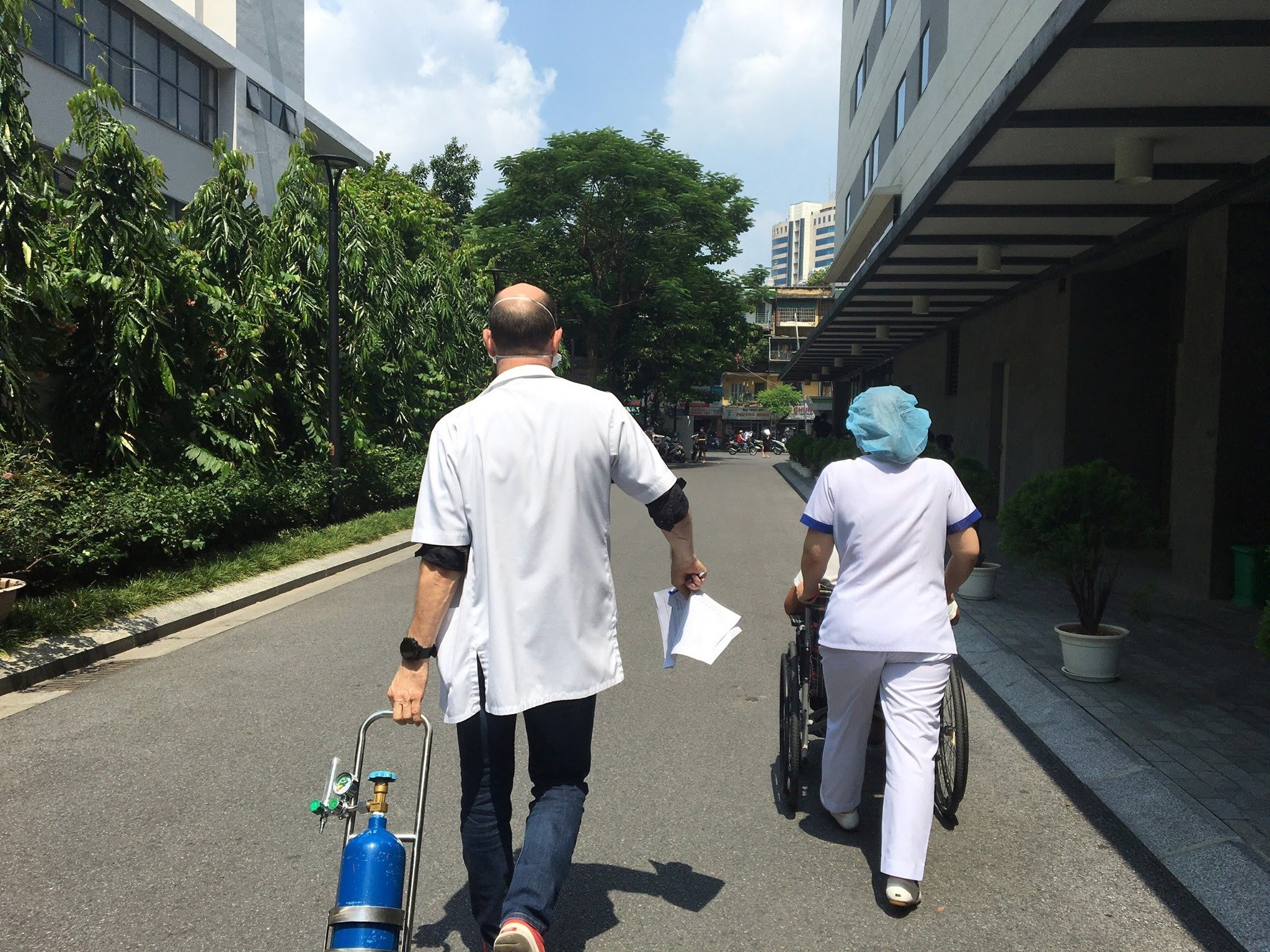
Photo: Doctors prepare oxygen cylinders for patients before vaccination
‘No one is left behind’
SCDI and our ‘One Egg A Day’ program support a large number of tuberculosis patients who contracted the disease in prison. The crowded and unhygienic environment of prison allows for infectious diseases to spread easily, and due to a number of factors such as; treatment interruptions, poor physical conditions and the repeated entry and exit of infected persons, drug-resistant strains are now becoming more common. ‘Uncle Dung’ (featured) is one such sufferer of ‘drug-resistant’ TB, the lack of a cure makes his battle with the disease a daily struggle.
There are a number of social and poverty-related factors which worsen the disease and its effects. These include (but are not limited to) not having money to pay for treatment, having no money for food while undergoing treatment, having no ID after leaving prison and therefore not being able to reenter household registration, and having other diseases and illnesses which also require treatment. Often TB patients must choose between medicine for one illness over another, and sadly, since TB is the least severe of their afflictions, treatment is often overlooked.
As well as the difficulty of living with TB, people, like Mr. Dzung, struggle to readjust and reintegrate back into society outside of prison. After serving a long sentence, former inmates often return to difficult family situations - for example - they may find their spouse and/or children have left them, unable to support themselves or keep the family together without their primary caregiver or partner. Added to their physical illness and the emotional stress of family breakdown, they will also struggle to find decent employment since stigma and discrimination go hand in hand with the label of ‘former inmate’. Furthermore, this discrimination often extends to family members which, alarmingly, can even affect a child’s ability to access the most basic of their human rights - access to education, living without fear of discrimination or abuse, access to nutritious meals, and more.
The SCDI focuses on supporting whole families with the intention of breaking the vicious cycle of poverty in which so many disadvantaged people are trapped. Our holistic family support provides sufferers with the support they need to make their own livelihood, health insurance so their medical needs are met and nutritious food packages (which have been especially needed during the pandemic), necessary to ensure a better chance of recovery. Our support means that TB sufferers can live close to their children, giving their broken family units a chance to heal. We help to provide access to education for TB sufferers’ children in the form of books, tuition fees and other necessary resources, and we facilitate access to education by providing nutritious food packages to children, as hunger and malnutrition are some of the biggest barriers in education for poor children.
These interventions may seem small, but it is the combination of practical and timely support, catered to our beneficiaries’ needs, which mean that our community’s children can go to school and live happy and normal childhoods while being close to their parents too. Due to our support, parents can focus on rebuilding their lives and their fractured family unit. Rather than living in fear of where their next meal will come from, how they will feed their family or pay for this month’s medicine, parents can focus on rehabilitation, finding decent employment and self care.
It has been a difficult year for most people due to the pandemic, and former inmate’s families suffering with TB have been one of the hardest-hit communities. It is so easy to think of former inmates as ‘law breakers’ and even ‘dangerous’, but at the SCDI we know that most are just ordinary people like you and me who have made a mistake, and who now simply just want a chance to integrate back into society and lead normal, honest lives.
Author: Khuat Thi Hai Oanh
Editor: Ngoc Anh
Proofread by Aneesa Kara

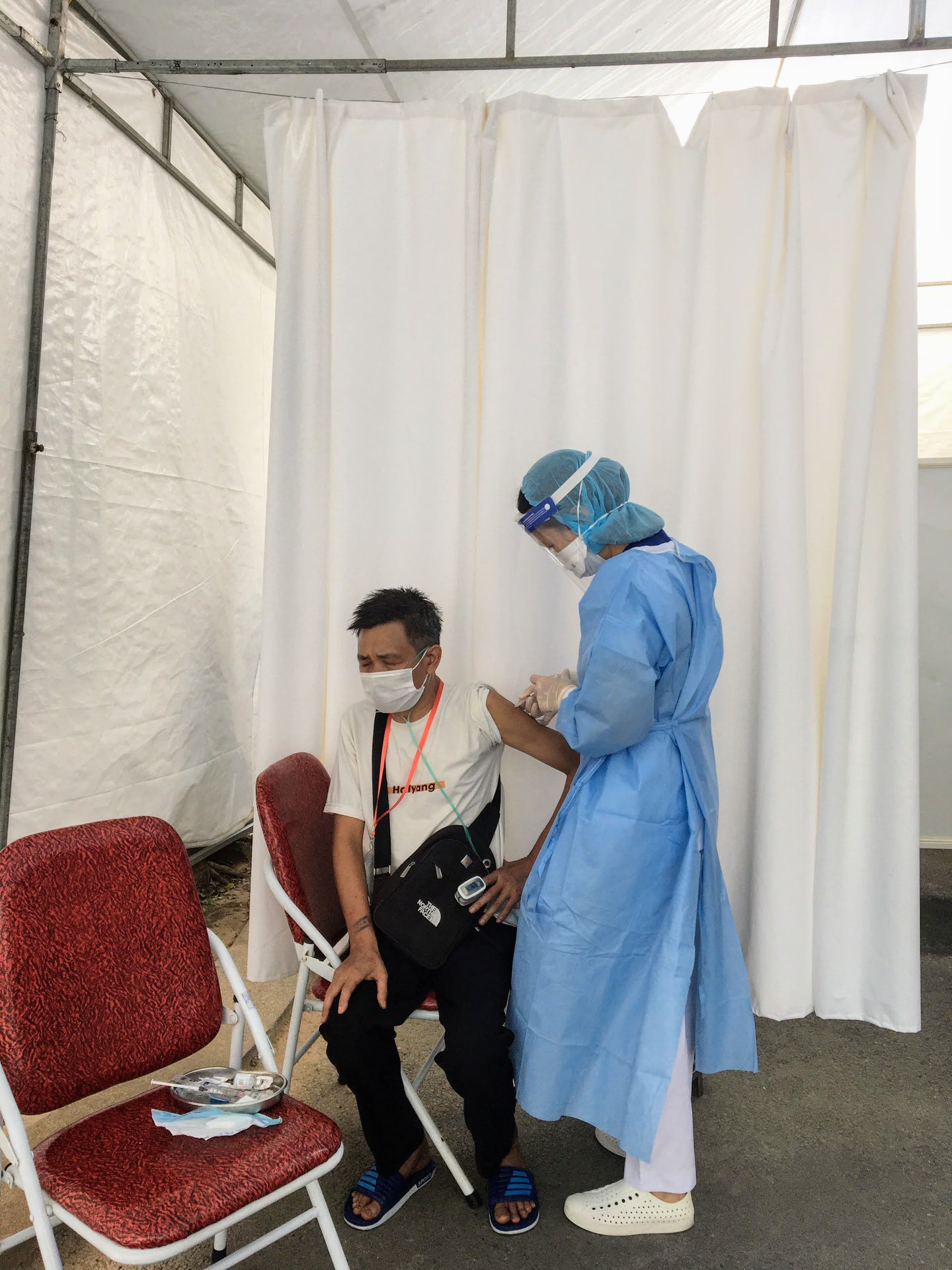
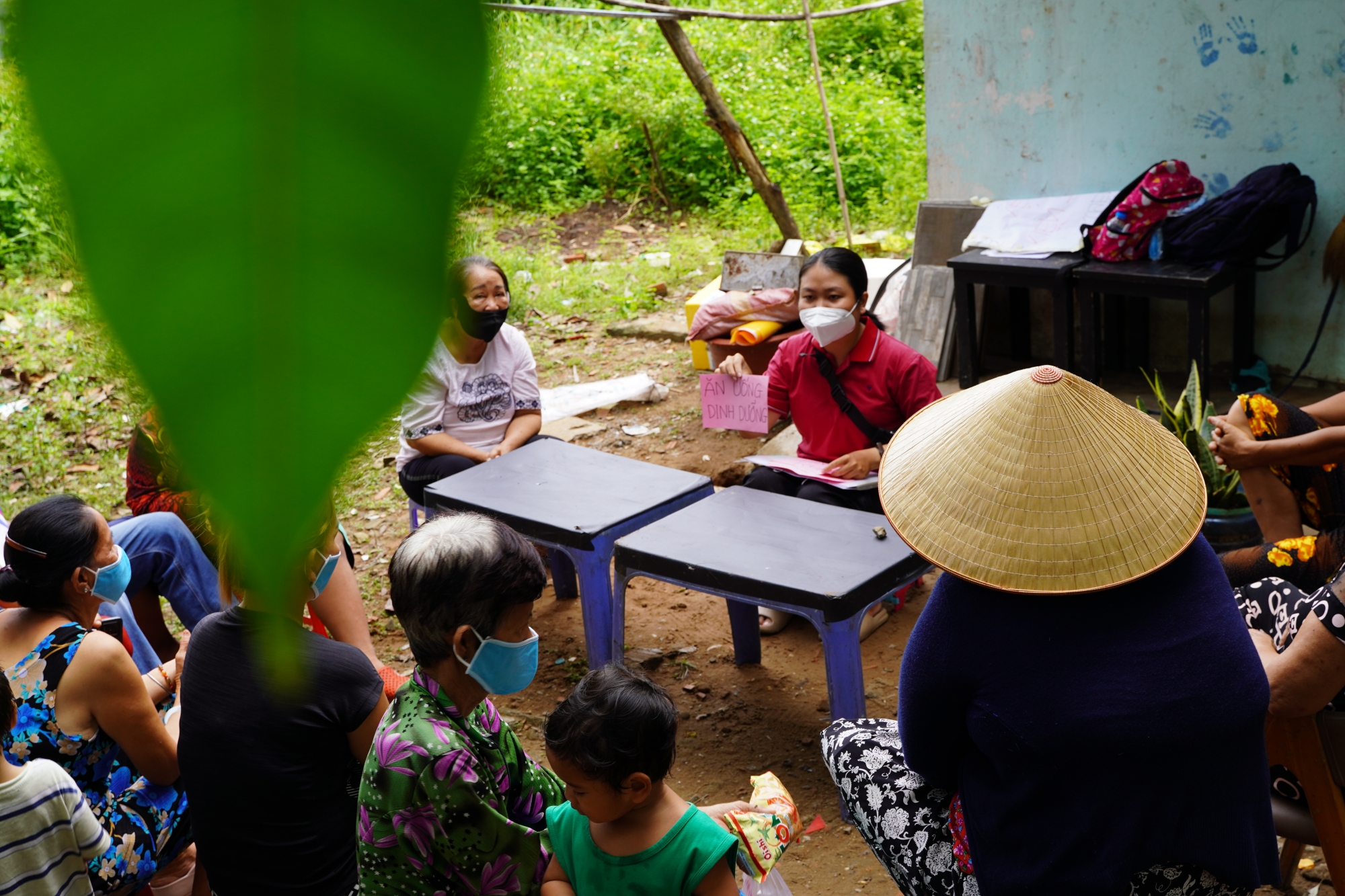
.jpg)

.jpg)
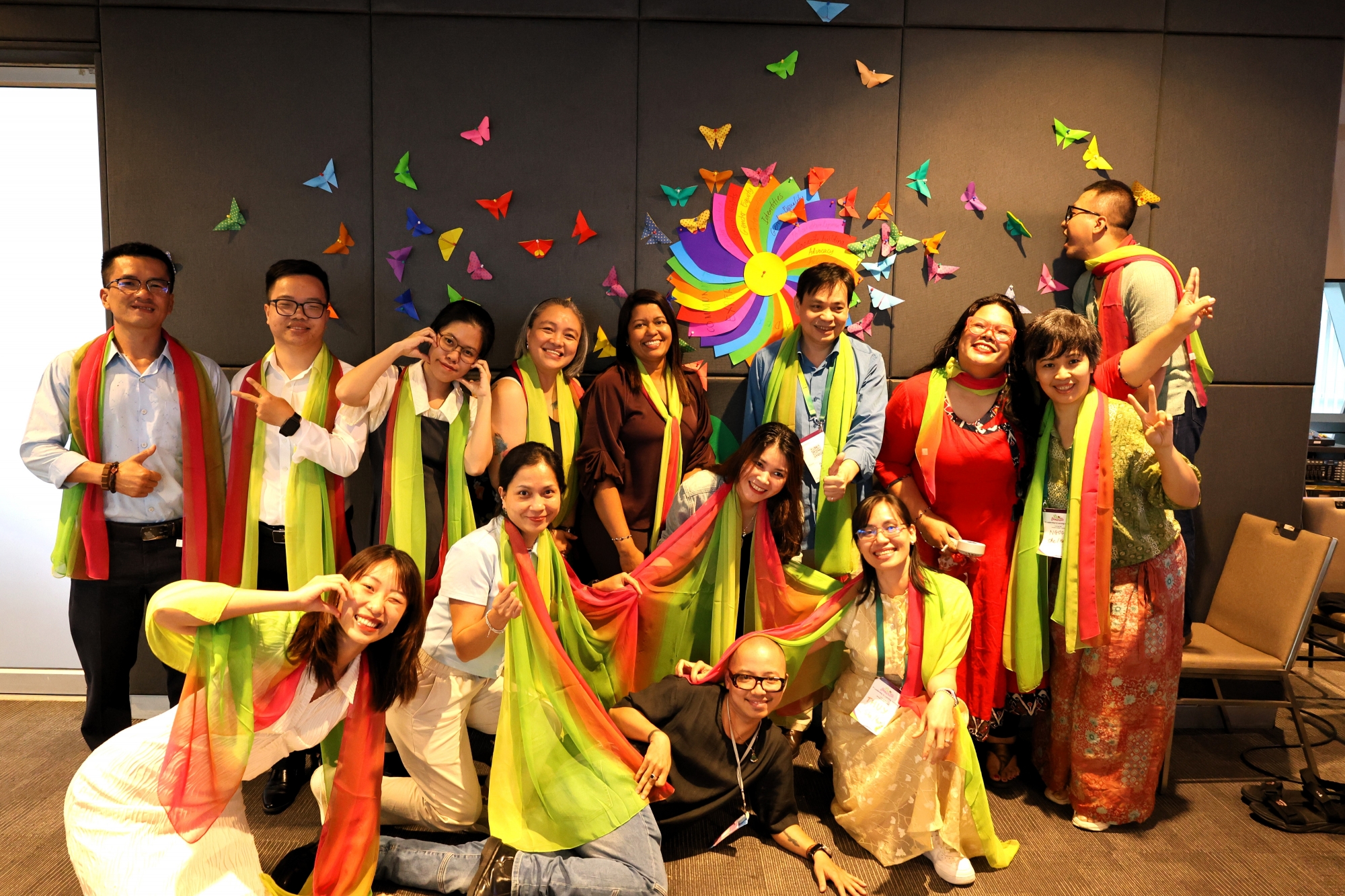
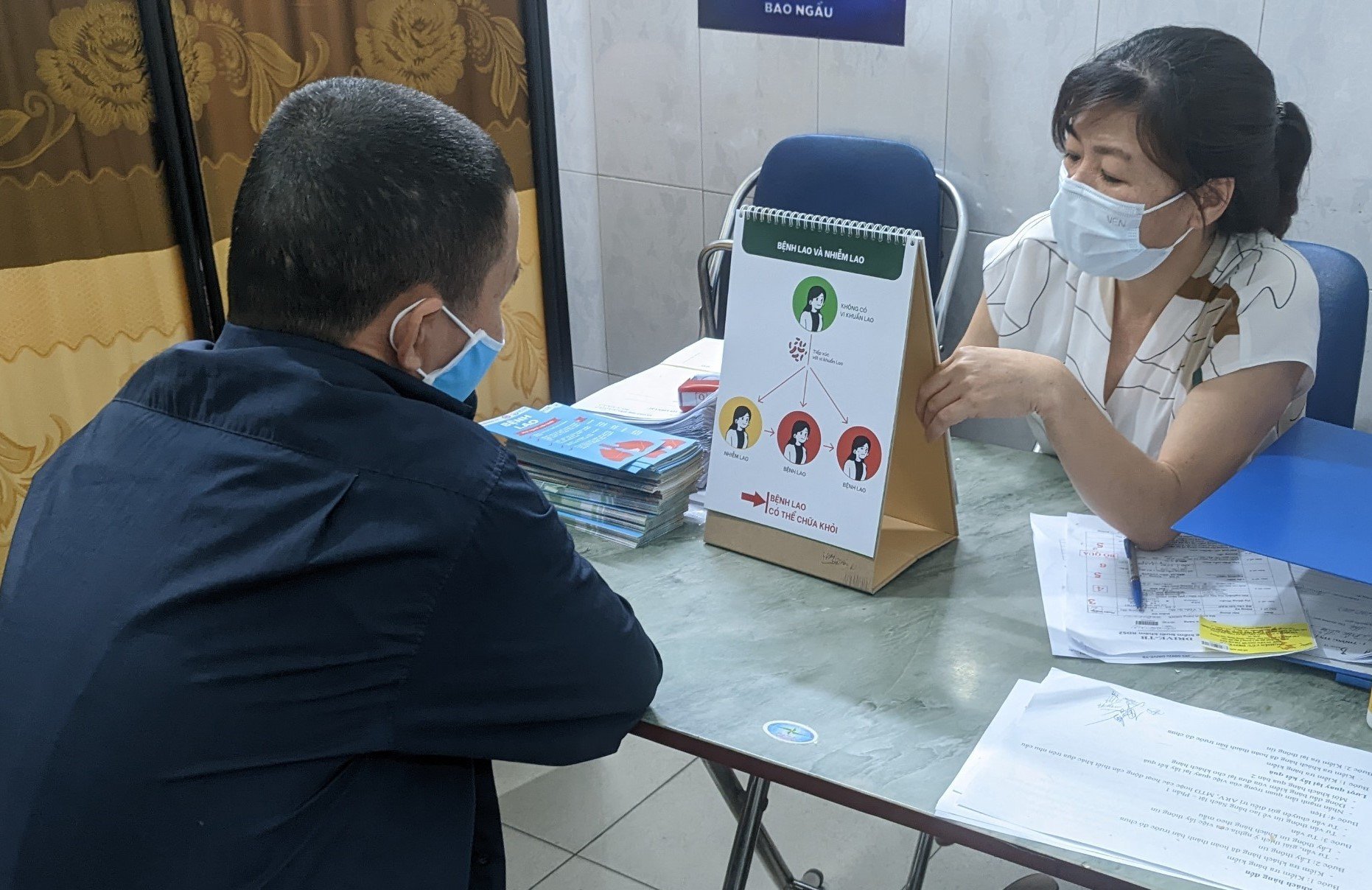
.jpg)
%20-%20Ngh%E1%BB%87%20An.jpg)
.jpg)
